Want to hear more from the actors and creators of your favorite shows and films? Subscribe to The Cinema Spot on YouTube for all of our upcoming interviews!
Managing editor & film and television critic with a Bachelor's of Arts in English Literature with a Writing Minor from the University of Guam. Currently in graduate school completing a Master's in English Literature.
I had an exciting opportunity to view an early screening of Australian independent filmmaker Josha Belinfante’s documentary The World’s Best Film days before its release at the Melbourne Documentary Film Festival, and it’s indeed a film that makes the world want to perform their best. In fact, the premise of the story is exactly that.
The documentary is an anthology filmed over five years and follows Belinfante as he searches for unique individuals residing in Europe, Asia, and Australia who are following their passions. This endeavor came as a realization to Belifante after surviving from a cancer between his lungs and heart. As a director, his aim is to inspire viewers to do what they believe they are “best” at, whether it’s singing, filming, writing, acting, or simply knowing about a specific topic.
Throughout the film, Belifante claims that the several people he meets are the best at something, although he soon realizes that this may not always be the case. His counter-argument is that no one is perfect; we are all struggling human beings. With every person that he meets, he learns a new lesson. In the end, he states that we all have a common goal:
[People] are living their best life, trying their best, and seeking happiness and a purpose from within their passions … you don’t need to say you’re the world’s best to be great. Whatever you choose to do, you just need to try your best.
I don’t want to give away too much as viewers will learn on their own, but this film is quite remarkable. The World’s Best Film is a perfect film to watch during this pandemic period, arguing that everyone is essential to our ways of living, whether it be the people who can take us to where we need to be (such as Thai taxi driver Baring Sairat or London loo/toilet guide Rachel Cole-Wilkin), those who notice something unspoken in our environment (Swedish town planner Björn Lindqvist or Swedish banana griller Ivar Fors), or those who can simply bring us happiness daily.
The persons introduced in this film have a remarkable story to tell, and I enjoyed watching most, if not all, of them. Lindqvist says that this place we call home isn’t perfect, that we are trapped and have to break out of our “snowglobe.” This brings me back to Derry from Stephen King’s novel It or Antigua in Jamaica Kincaid’s A Small Place, two books depicting imperfect homes to which we could all relate.
Sairat taught me that “if you don’t do it, you’ll never know; if you do it, you’ll know how it works.” Much like Belinfante’s mother, whom he also references and interviews, the taxi driver shows viewers that it is rewarding to give to the community as best as you could. We can find exuberance despite what our financial statuses may be.
The musicians that the filmmaker interviews — Polish violinist Kamil Skicki and African-Australian father-son duo Gervais and Yannick Koffi — teach us that we have to keep honing our craft if we ever want to be the “best.” Gervais Koffi says, “It’s very important to keep on looking back, [to] look where you’re coming from … it takes a genius to make a genius.” Belinfante adds, “One is not usually born gifted. Excellence comes from perseverance, passion, and a healthy dose of practice.”
Romanian alternative tailor Alexandra Ciorba and his girlfriend Evelin Bodea as well as Belifante’s mother remind us that we need to be comfortable with ourselves in order to move along the path on which we tread. In the instance of Ciorba, he initially wanted to study theology but the churches of his Transylvanian home wanted bribes in exchange for raising his grades. Ciorba and his mother rejected this, and he chose a different path.
There are other noteworthy stories such as the late Polish grandfather Kurt Fuchs who feeds bread to geese, and others, but the rest will have to be revealed for when the film releases later this week.
Overall, The World’s Best Film is a neat documentary that shows us that life is a work in progress, and if we do not keep aiming to be the “best” at what we do, we may ultimately fail in our respective elements. I must commend Belinfante for weaving together this narrative and being inclusive of diversity.
Will you see this film? If not, do you plan to sometime in the near future? Let us know! For more film and documentary-related news and reviews, follow The Cinema Spot on Twitter (@TheCinemaSpot) and Instagram (@thecinemaspot_).
Managing editor & film and television critic with a Bachelor's of Arts in English Literature with a Writing Minor from the University of Guam. Currently in graduate school completing a Master's in English Literature.


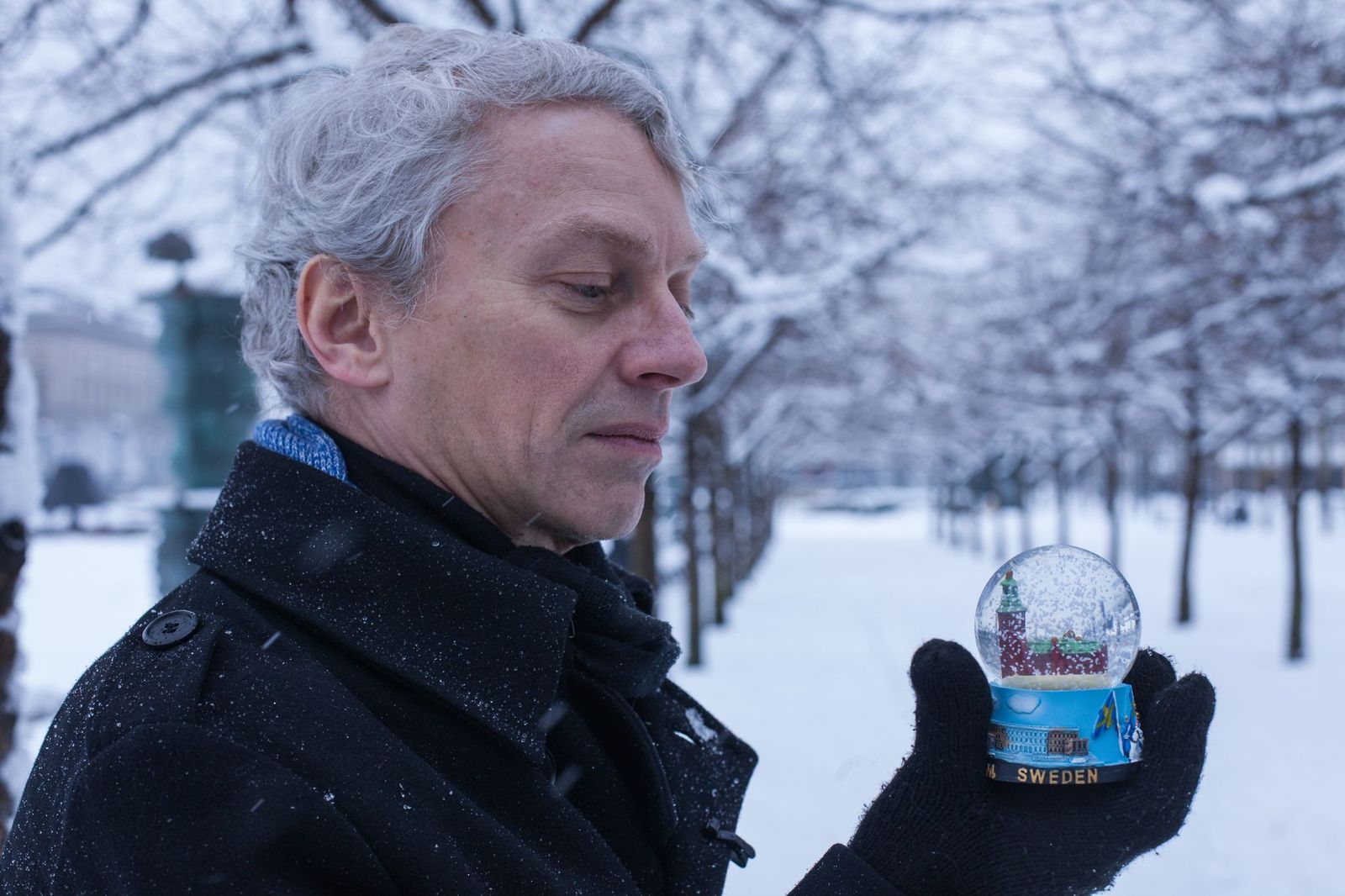

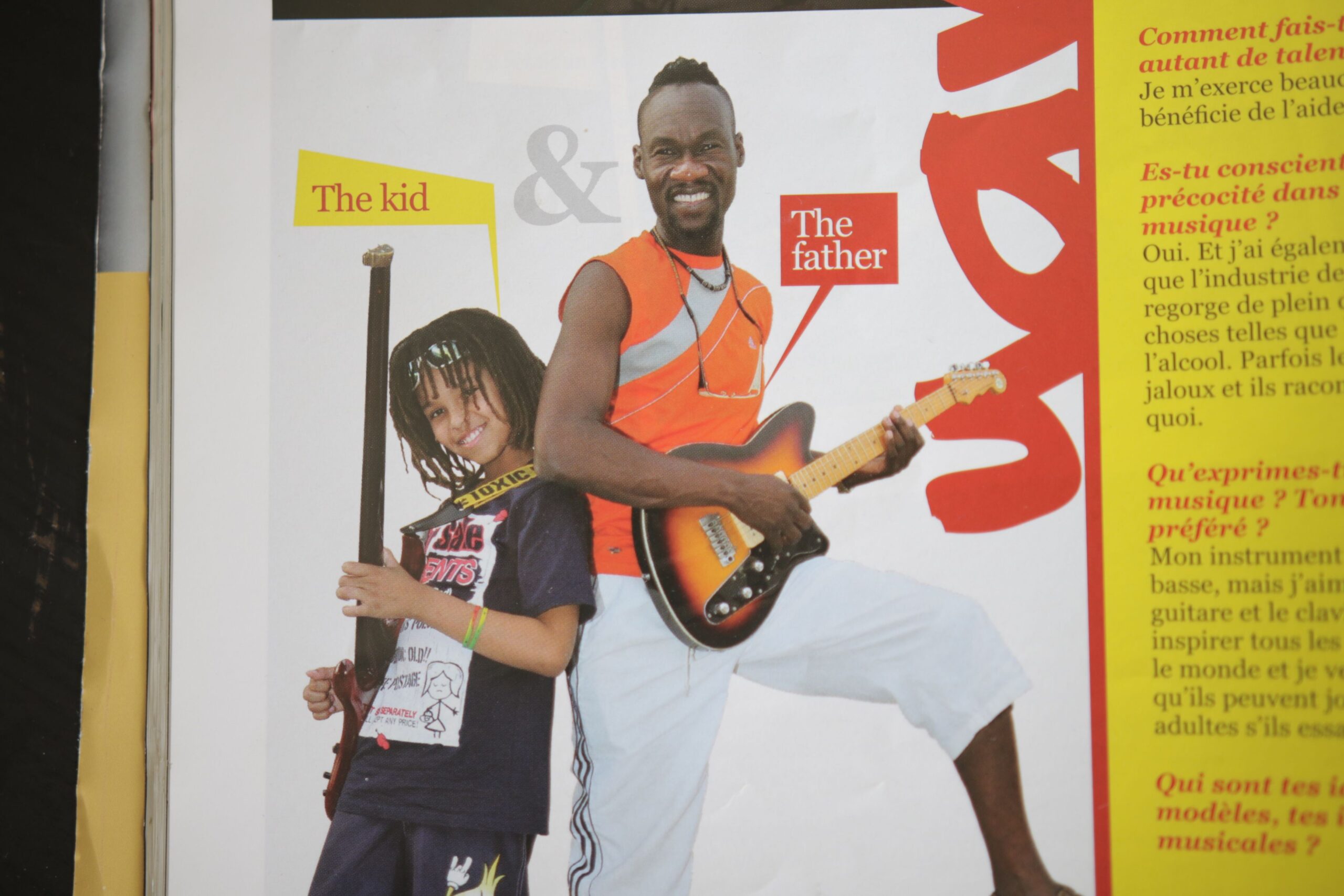
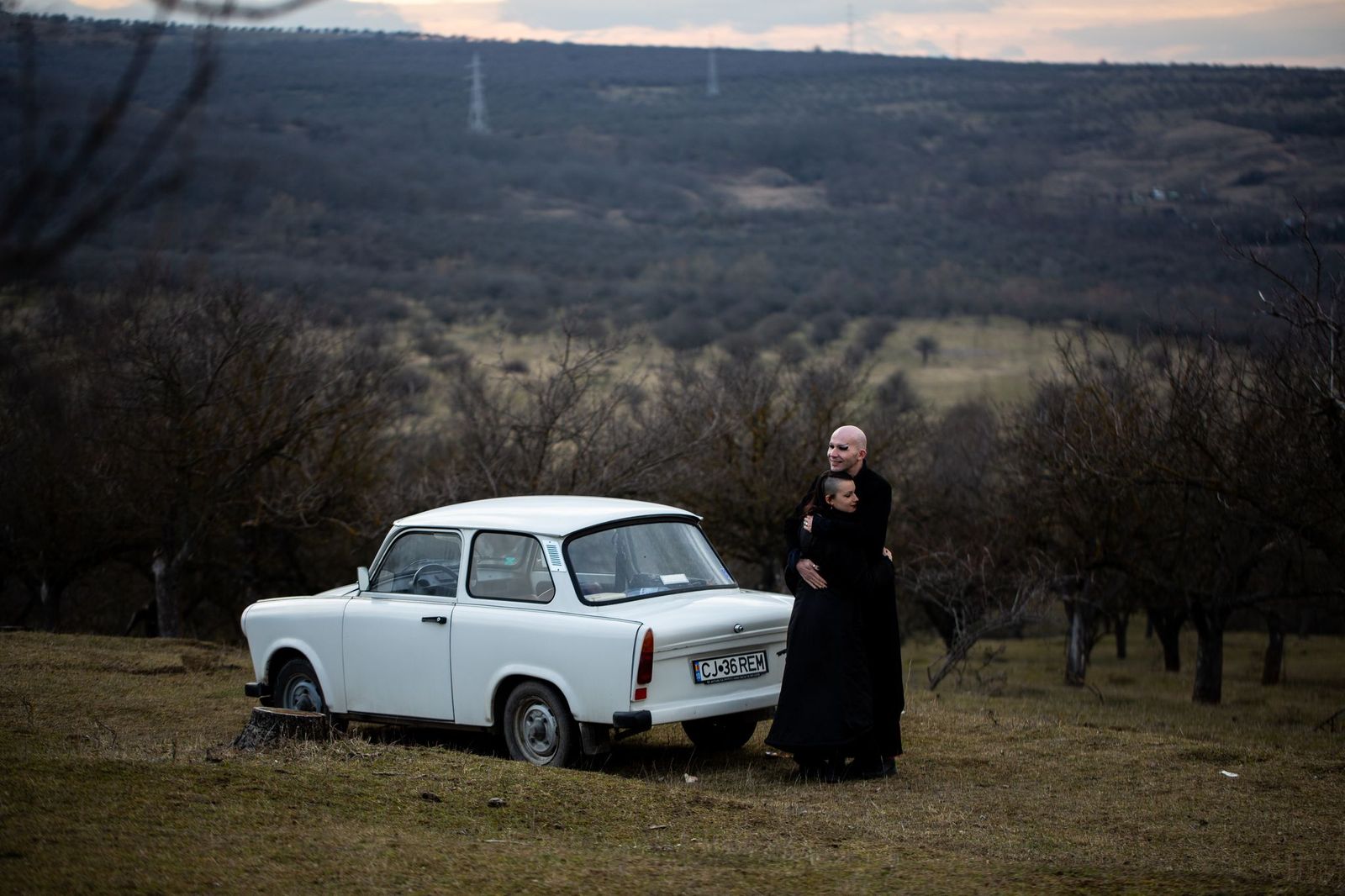
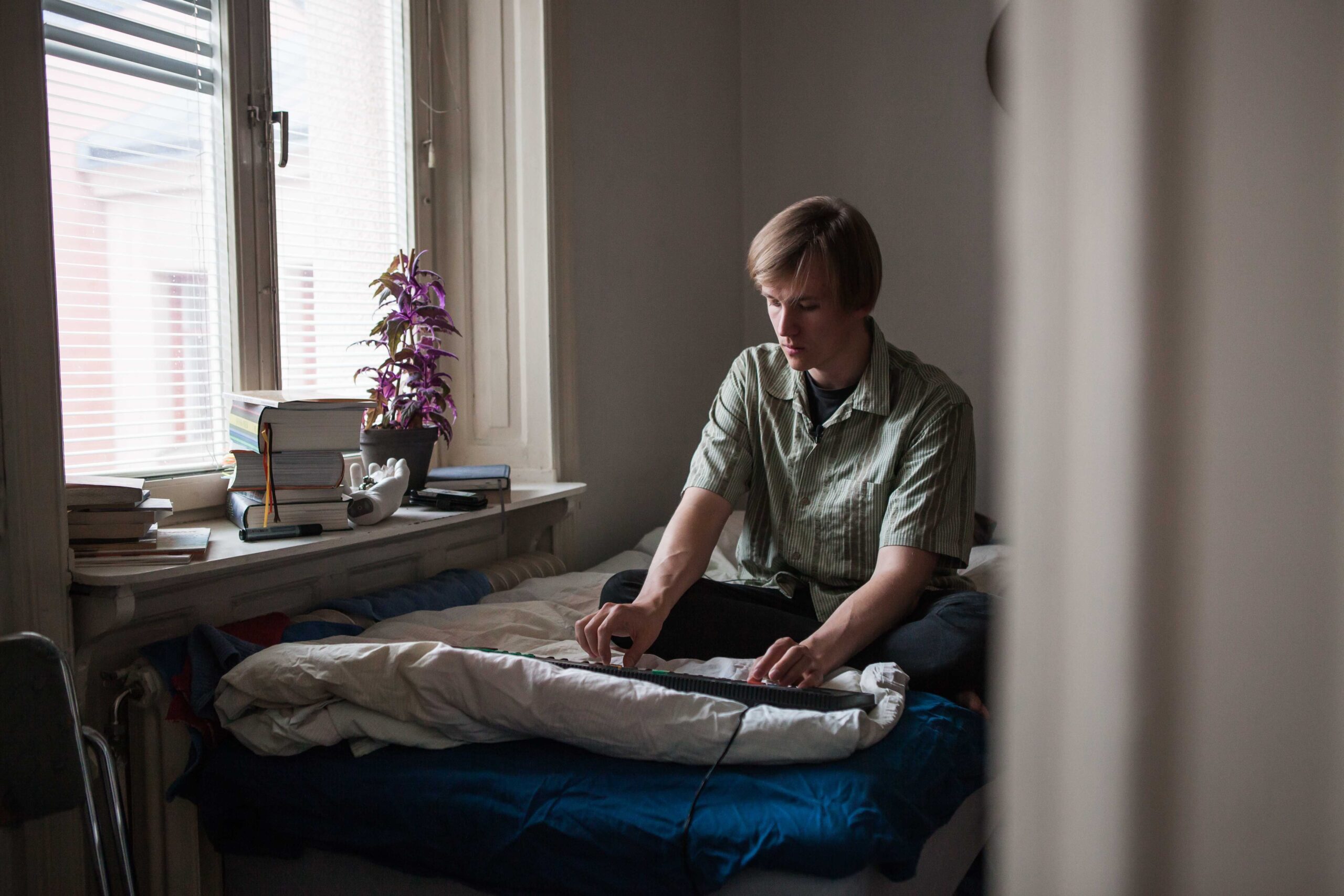
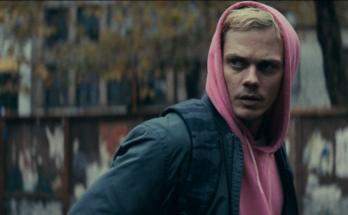
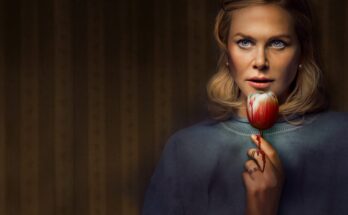
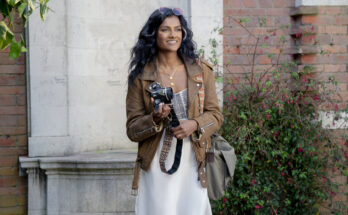
19 Comments on “‘The World’s Best Film’ – A Documentary Review”